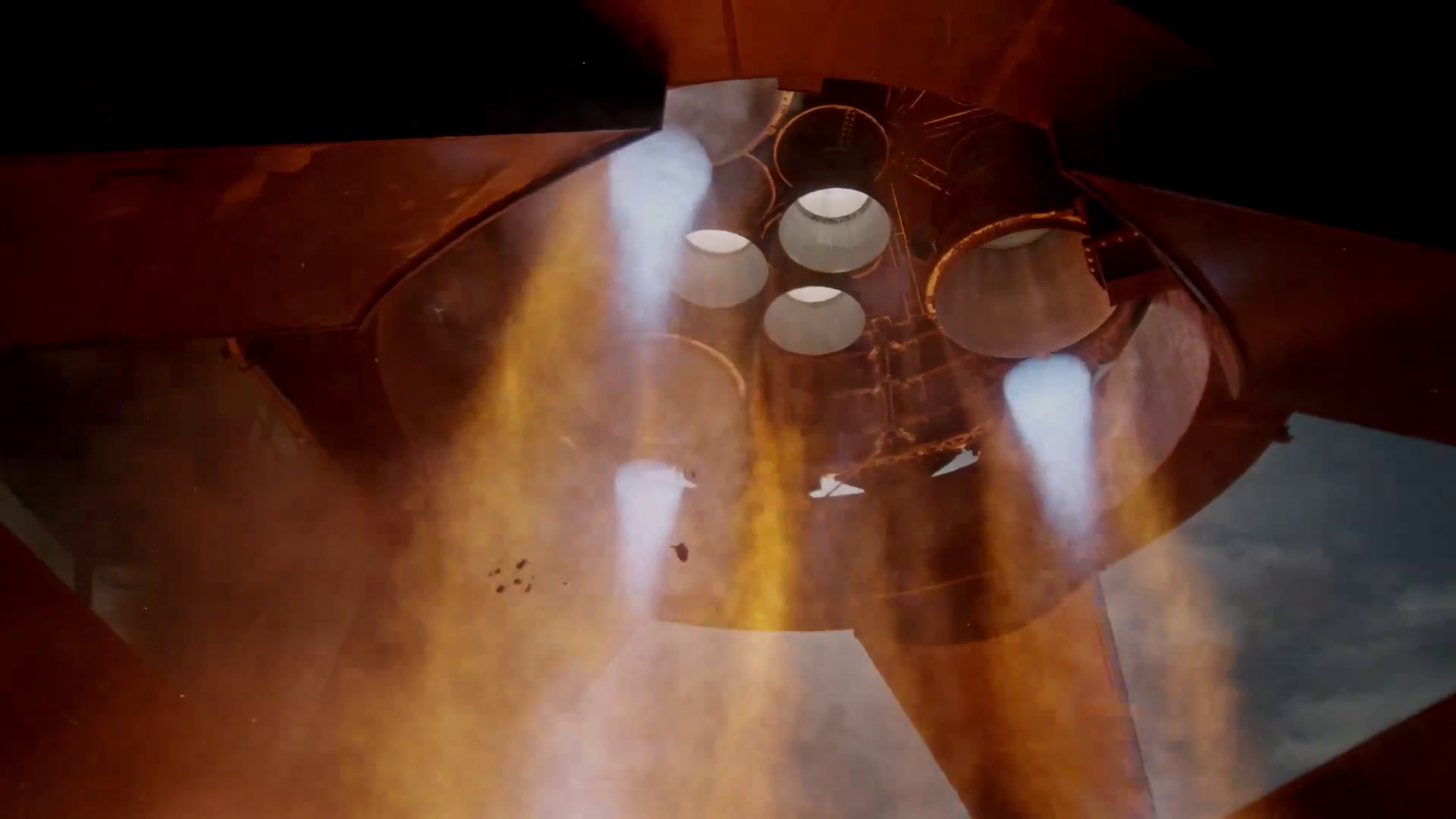47
you are viewing a single comment's thread
view the rest of the comments
view the rest of the comments
this post was submitted on 27 Jul 2024
47 points (96.1% liked)
SpaceX
1948 readers
42 users here now
A community for discussing SpaceX.
Related space communities:
- !spaceflight@sh.itjust.works
- !rocketlab@lemmy.nz
- !curiosityrover@lemmy.world
- !perseverancerover@lemmy.world
- !esa@feddit.nl
- !nasa@lemmy.world
- !astronomy@mander.xyz
- !space@lemmy.world
Memes:
founded 1 year ago
MODERATORS

You can see how the three outer vacuum engines are greatly over expanded giving you a collapse of their exhaust after exiting the bell and then the Mach diamonds.
Where the inner sea level engines are a much closer expansion match and don't really form visible Mach diamonds in view of the camera.(Edit: you can faintly see them. But the compression rebound that forms the visible diamond is much less)
It's quite interesting that they can light and run those vacuum engines on the ground, usually the combustion instability from an over expanded exhaust at sea level results in a hard start.
I suspect they have so much thrust that the sea level pressure simply is irrelevant.
The bell is scaled to match thrust though. If you get too much expansion the flow peels away from the inside of the bell and you get turbulence, pressure variations and then usually a big kerboom, especially on startup as you're trying to ramp up to steady state conditions. I'm guessing the bell is more high-altitude optimised than true vacuum optimised.